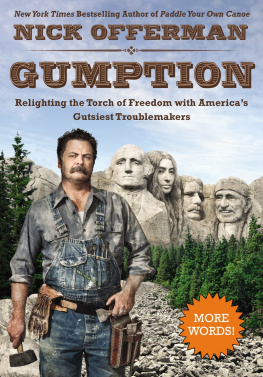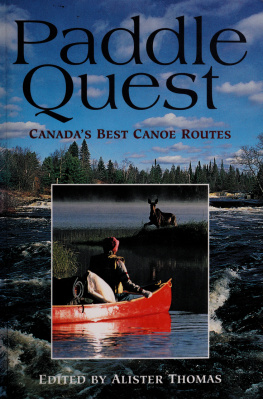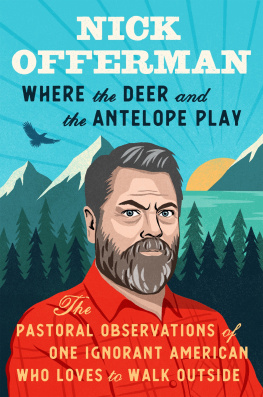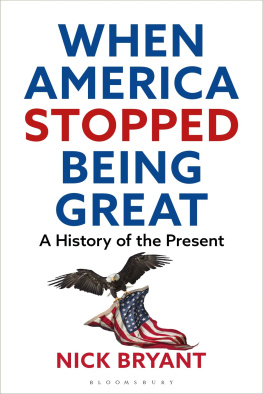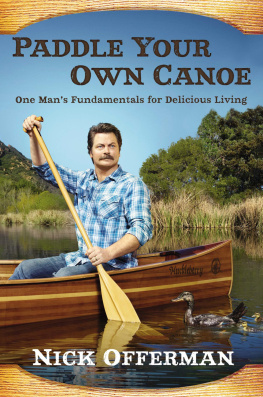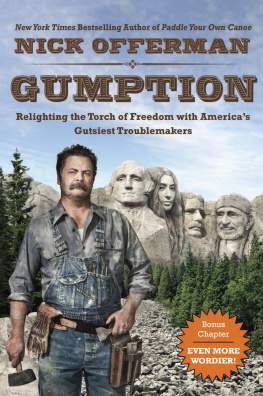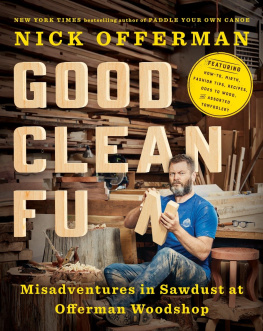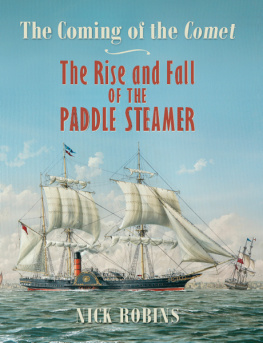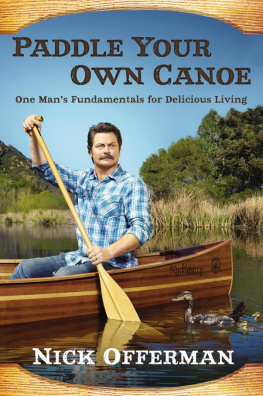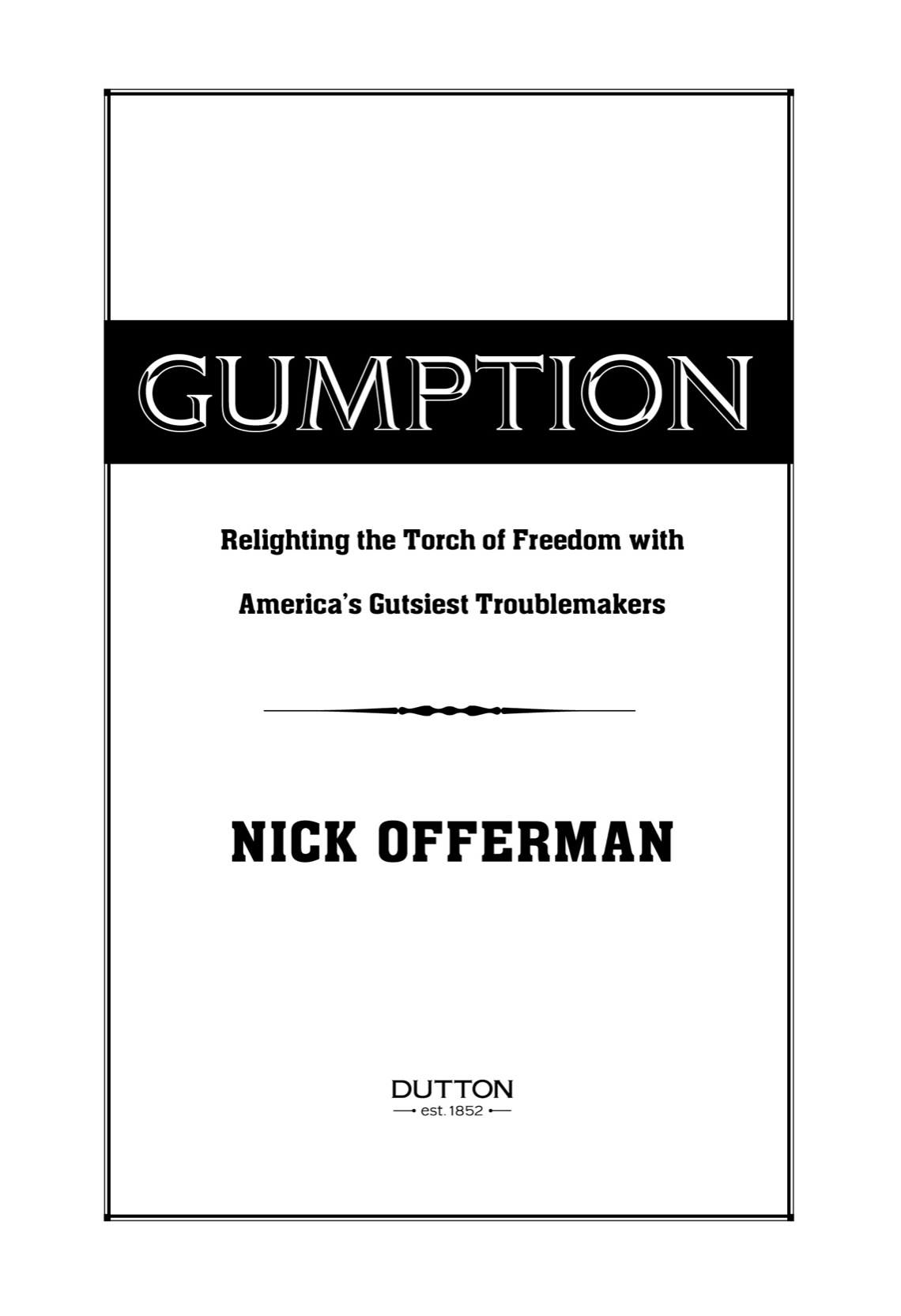INTRODUCTION
H ow does one compile a list of great Americans? Its an embarrassment of riches. To narrow the field, I decided to begin with my choice for number one. I imagine, or at least I would hope, that most of our citizenry would agree by an overwhelming percentage that the first person landing upon that list isno, not Ray Kroc, the progenitor of the McShit sandwich. No, not Miley Cyrus or Beyonc Knowles, or even Oprah Winfrey. Jesus! Goddamn. No, people, not Jesus! Yes, he was reportedly a supercool guy, but he just doesnt qualify as an American. I am referring, of course, to George Washington. The father of our country. I want to note that, of all the possible subjects, he easily sprang to mind first, based merely on my foggy grade school knowledge of his lifes achievements in helping to create our republic and then sticking around to lead it as our nations first president. Plus, he had wooden teeth! Im a woodworker! Slam dunka sports metaphor, specifically basketball, meaning that the point(s) has (have) been scored emphatically!
I then began a list of other possible great Americans, basing my selections upon achievements of one kind or another that I considered to be great in scope. Leaders of men and women. Leaders of 4-H clubs. Activists, artists, zealots. Woodworkers, boatbuilders, farmers. Musicians. Priests. Muckrakers. Stoners. Hillary. Because after all, for the purposes of my examination, what exactly constitutes a great American? Runs batted in? Military victories? Humanitarian efforts? Amassing wealth? Collecting scalps? A number one single on the Billboard charts? A larder full of bacon? Ford F-250 in the barn? Well, duh.
While I continued to compile a roster of potential icons and discuss the books overall direction with my great American editor, Jill, I began to read anew about Washington and the birth of our nation. I was powerfully stricken when I contemplated the actual situation in which our Founding Fathers found themselves, well, foundering: faced with the choice of either a continued subservience to an overweening Mother England or a gathering of their colonial brass balls in their mitts with which to cast off the taxing yoke of Englands imperial control. Years earlier, when I learned all this history as a lad in school, I suppose the full implications of the events were lost on me, as I was not yet wielding a complete grasp of adult responsibility or governmental culpability as it applies to our daily lives.
The magnificent sons of bitches who founded our United States truly brandished a courage that is hard to fathom and a serving of foresight that very well beggars my modern imagination. Washington, Thomas Jefferson, Benjamin Franklin, Alexander Hamilton, James Madison, and the like saw the extremely rare opportunity to create a new American experiment, one in which the best organizational techniques and brewing methods could be retained from the oldguard European governments, while discarding all the more unsavory trappings (clotted cream) of the monarchies and oligarchies theyd left behind on the continent. These forward thinkers envisioned a nation ruled by the people, for the people, founded on notions like liberty and justice for all. Now all they had to do was liberate themselves from the iron grip of the military equivalent of Dwayne the Rock Johnson that was eighteenth-century Great Britain.
As I will explore in the coming pages, our countrys inception had a lot of heroic nobility deservedly draped about its innovative framework, but it was also a series of events conducted by human beings, and so the intrepid experiment could not help but display some flaws as well. Not only were our fledgling American government and society crafted by human beings, but further, it must be noted with appropriate gravity, by all white dudes. With no small irony, the Declaration of Independence was composed, ratified, and signed by several Caucasian men, some of whom owned a great many slaves. If that wasnt bad enough, the Native American tribes in the Ohio Country were being mercilessly murdered and/or driven off their ancestral lands so that we could eventually build the pastoral suburbs of Cleveland, an assemblage of neighborhoods that, it must be noted, really are quite leafy and serene, but are they worthy of genocide? That is precisely the stripe of conundrum I hope to probe in the following pages.
In their inaugural documents, our Founding Fathers framed a somewhat malleable structure as a means by which the population could govern itself, truly remarkable in its place and time, which allowed the citizens of the United States to set about building, in rather short order, the most prosperous and powerful nation in the world. The seemingly limitless wealth of natural resources in our stretch of North America allowed our predecessors to excel in many fields of industry and artistry, soon surpassing the manufacturing capabilities of their European fathers and the world at large. Our young society flourished, exhibiting a gaiety and rascally nature that the rest of the globe found (very) briefly adorable. This was our puppy phase. In many ways, an attitude of free-thinking grew fulsome and took root in the burgeoning states, finally logging some long-overdue advances in civil rights for every person residing under the Stars and Stripes. Or so we proclaimed, anyway.
This writing will endeavor to examine some examples of the ways in which we as Americans have used the powers of freedom bestowed upon us to become more decent as a people, which I believe was loosely the idea when the whole shebang got started. This book will also strive to cast a light on some instances in which we have not used our powers for good and have most assuredly

